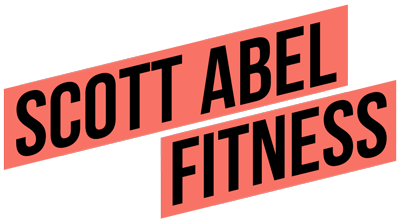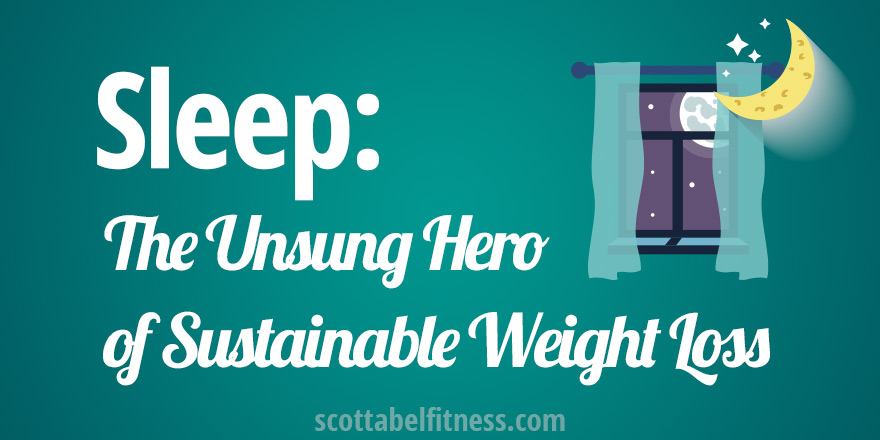I’ve just returned from the bookstore to pick up some research I ordered.
Because of my background in sociology, one of the things I always do at the bookstore is go over to the diet section and to see what books people are looking at and buying. Of course there is a smorgasbord of diet books to available to buy, and everyone is looking in the wrong direction for the wrong reasons: celebrity solutions and magic tickets.
All these books have a couple things in common: they want to make heroes out of some foods and villains out of others, and they want you to go from being vigilant to being obsessed.
Sometimes I want to grab the people reading the jackets of these books and ask them, “What do you think is going to be different this time?”
Whether the person is buying the book for themselves or someone else, how long before the enthusiasm the book provides turns stale and is replaced — yet again — by old habits or diet confusion?
The whole North American diet mentality and its “eat this, not that” agenda has accomplished little except create a variety of warring tribes and camps.
One camp throws out one study; another camp throws out another study showing the exact opposite results!
And where are you left in all this madness?
The truth is most people never really get anywhere because of all this madness. Oh sure, people honeymoon upfront for a while, but what happens when that period ends? They can’t live forever with such pressure and deprivation anymore.
Do people learn from this process? Some do, yes. But in general, many don’t.
Does this sound at all familiar?
Listen, there are a few tried and proven real, authentic means of losing weight and keeping it off.
They don’t show up in books a lot because they’re too simple. You can’t wrap ‘em up in a magic solution or pill.
And they have nothing to do with food choice!
These are the unsung heroes of weight-loss and weight-control.
Believe it or not the most unsung heroes of weight-control have less to do with nutritional prowess and more to do with healthy and rested brains (read: calm energy). Your mental and emotional minds are going to be what gets you adapting to healthy eating habits and wanting to eat foods that fuel metabolism and control weight.
So exactly who are these unsung heroes? Let’s talk about two of them that are interrelated.
Sleep Quality
It may not be as sexy as cycling carbs and glycemic indexes and the rest of the nonsense out there, but more and more new research is showing how sleep quality and quantity is the best beauty spa treatment there is, and when combined with the other unsung heroes it is also a significant influence on weight loss and weight control.
Dissatisfaction with weight and poor sleep are connected, and it’s time you realized just how intensely they are connected. Two simple follow-up questions are, “How do you feel after a night of restless sleep?” and “How do you look in the mirror after a night of restless sleep?”
There is a reason that sleep deprivation is the number one interrogation technique in the world. Why? Because sleep deprivation breaks down people’s willpower, even those who have been specifically trained to not give in.
With this in mind, what do you think the impact of lack of sleep quality and quantity is going to be on how you live your life, and the depths of your commitment to yourself in the face of endless temptations and pressures?
Look up as many studies as you can on the effects of sleep deprivation.
Moreover, there is plenty of evidence that sleep deprivation and consistent interrupted sleep patterns can make you fat! Researchers at the University of Chicago found that junk food eating and especially sugary snacks increase with the amount of sleep deprivation someone is experiencing.
To me this is a no brainer, yet to some it seems like a surprise. If you don’t take care of yourself, it is going to show on your body. Regular ‘quality and quantity’ of sleep is all about taking care of yourself.
Again, in sleep deprived or sleep disrupted scenarios your will gets weak and it seems only natural to reach for foods that will stimulate the dopamine/serotonin centers of your brain.
No one who experiences sleep deprivation or interrupted sleep patterns is going to be able to stick to a diet for very long.
And yet none of you take this into account when you tell yourself this “new diet” is finally the right one. Well in the sleep deprived state, it won’t matter if it is the right diet or not, because you will not last on it long enough for it to matter.
Researchers at Case Western University did the kind of long-term study people should pay more attention to. These researchers tracked the weight of more than 68,000 women over a period of 16 years. The women who slept six hours or less per night were significantly heavier than those who slept seven hours or more! Coincidence? Not when your sample group is 68,000 people!
Furthermore, researchers from England’s University of Warwick found that sleep deprivation and interrupted sleep almost doubles the risk of obesity in adults and children.
Their conclusions speculate that in the physical realm, part of the reason for these increases is because lack of sleep produces higher ghrelin levels (which stimulate appetite) and lack of quality sleep lowers leptin levels (the hormone partly responsible for letting you know when you are satiated).
Stanford University researchers also found higher Body Mass Indices (indicating overweight and obesity) in people who did not get enough hours of sleep on a regular basis.
As we see in all this research, none of these correlations have anything to do with “eat this not that” – but they certainly explain why and how sticking to a diet may be wishful thinking for those of you who try to function regularly with a burned out system and too little sleep.
So you want to employ one of the key secrets to weight-loss and weight-control?
THEN GET YOUR SLEEP AND WAKE PATTERNS back in line, and start going to sleep the same time every night, and waking up the same time in the morning: 7 DAYS PER WEEK!
(As a side note, here is just one way diet-mentality “advice” can work against you in all this. How many times have you heard that ‘carbs at night’ are bad and will make you fat? Yet the real truth is that not having carbs at night may be the precise thing that interrupts your sleep! Carbs stimulate the dopamine/serotonin receptors that relax you, and as long as calories are balanced throughout the day then you cannot get “fat” from eating before bed.)
Handle Stress… or Stress Handles You
Trying not to eat carbs at night may keep you from sound sleep, but the reason you are trying not to eat carbs at night represents something else, just as important: how much you are stressing over your weight and appearance.
The common element for most women who struggle is the nature of the struggle and what it does to you in terms of stress hormones and response, which can also keep you from sleeping well at night.
For most women, one of the common sources of stress in your life may be more “tip of the iceberg” than you realize. Like an iceberg, what you can see and acknowledge consciously above the surface is only a small piece of what exists below the surface. And for women, always thinking and worrying about all the things that are “not right with you” or “not right with your appearance” not only keeps you up at night, but adds more and more “stress-weight” to your body!
The effects of chronic stress, like an iceberg, go much deeper than what you can see, feel, and acknowledge.
Stress constricts blood flow to your brain. Over time this affects cognitive function, judgment, and emotional balance. Often for women so concerned and stressed about weight and appearance this becomes its own monster you keep feeding. The stress you feel over your weight and appearance affects brain function, judgment and emotional balance. The result of this is you sabotage your diet, often binge-eating. This produces yet more stress as you wonder why you can’t stick to your diet, which in turn affects judgment and emotional balance. It’s an endless cycle.
Until you learn to let this go you are likely to keep repeating this negative feedback loop!
Chronic stress also affects your appearance in other negative ways. Stress hormones can cause skin to lose its elasticity by impacting collagen and elastin, two essential proteins that add sustenance and elasticity, which in turn give your face and skin its youthful appearance. The result of stress hormones is sagging skin and wrinkles. Stress reduction is actually one of the keys to maintaining a healthy and glowing youthful appearance. Calm energy is what is necessary for stress reduction to be effective long-term.
Life will always present us with stressful situations. How we handle them can be a key element to long-term weight control and vitality. The way to calm energy is by learning how to pay more attention to yourself and less attention to your appearance.
Emotional calm goes a long way to reducing the stress hormones that affect appearance and weight-control – and emotional calm goes a long way towards preventing you from making bad or sabotaging food and eating choices when emotionally challenged.
But how many people in the fitness industry are even addressing stress and sleep quality when doling out diet-advice?
When you put more attention on how you feel and how you choose to respond to situations, more attention on your inner self and less on your outer appearance, that is when you reduce stress hormones, handle stress better, and sleep better as well as a result.

